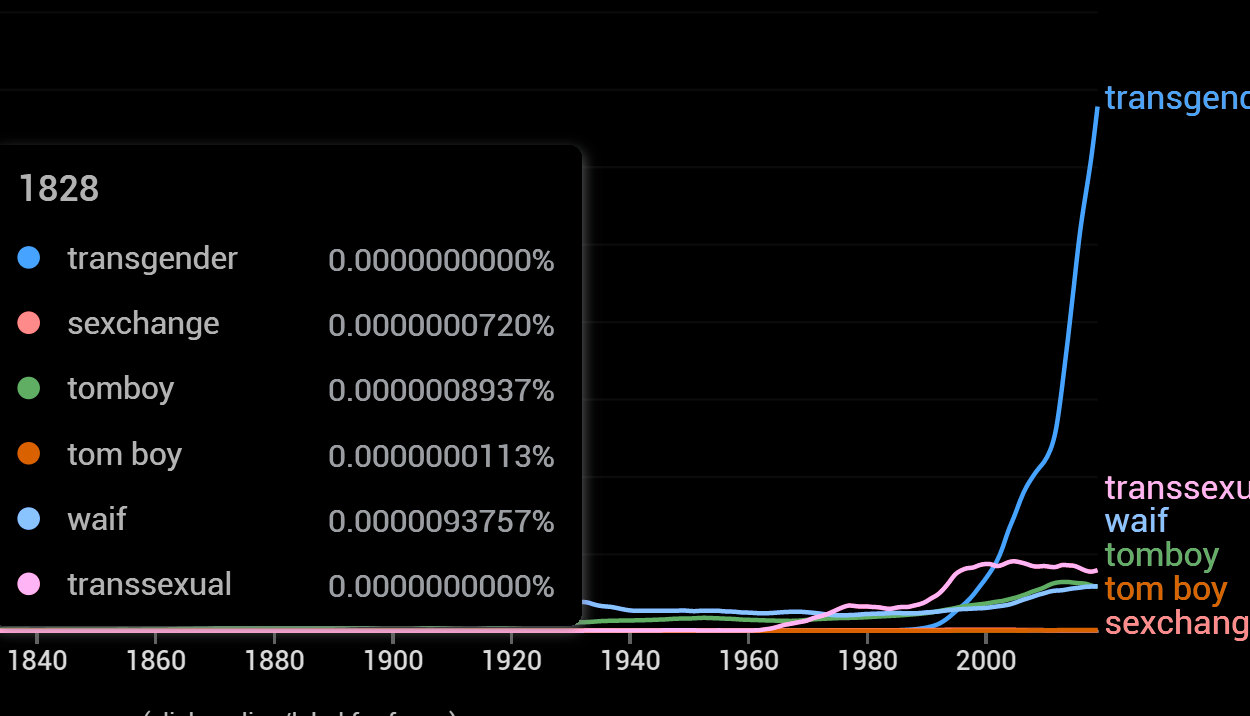Last week my daughter turned 13.
The following day my mom left with my daughter to go babysit my 12 year old niece while her parents are out of town. I didn't see my daughter again until Saturday but she did text me that she wants to talk in private and kept bringing up going home Saturday in which I explained I was staying the night at her other uncles. The girls and my mom joined us for the cookout and the weekend went by great. On the way home I brought up her wanting to talk. In which she gave me an embarrassed smile and promptly said, "I've been thinking about this a lot and I want to be a boy."
She looked into the surgery costs in which I said not until after graduation, she also said she sometimes looks at boy clothes and such. But that's just it... my daughter grew up wearing dresses, skirts, and leggings. She wore tiaras, princess gowns, and fairy wings. Just a month ago she wanted a $60 bikini from H&M along with a bracelet from Walmart. She wears a little makeup, has hair she can almost sit on and now she suddenly wants to chop it off into a boy style like that boy band BTS.
I'm definitely in shock.
I am hoping this is a phase and passes quickly or I don't know what we're going to do. I don't want her growing up feeling unloved but I've heard the way my family talks, I can already hear the arguments we'd have. I just do not know what else to do but to get us both therapy. As far as I see it... I have until spring to see where this goes and hope like crazy I can gain some kind clarity.
It does sound like some of this came on because she plays a lot of online games with a preference of being a boy but I don't see how this translates to her now wanting surgery to be one. It is so sudden and I've read other articles about this sudden transgender trend going on among teens. I want to limit her internet use but that would be hard. This is a child that can't stick to anything. She grew up loving horses, playing horses, and running around pretending to be a horse but anything besides that it never sticks. Whether it be playing the violin or trombone, now she wants to play guitar. We are only just now getting rid of her barbies and my little pony dolls... this is not a child the has been born a female but feels like a boy her entire life... the only boyish things she likes is mudding with her uncle and skateboarding. She enjoys playing tennis as well. These days she wears leggings, cut up skinny jeans, crop tops, a little makeup, keeps her hair tidy, and like baggy sweatshirts. I didn't expect this in a thousand years. She grooms and styles her hair, wants scrunchies and hair crowns.
Is this common? Is there a specific psychiatrist I should have her see? She refuses to speak to a stranger but I'm putting foot down on this. Do I call her by her new boy name and let her chop off over two feet of hair? I still can't wrap my mind around that, she has only ever let me trim it... I'm not even sure how I should address her.
